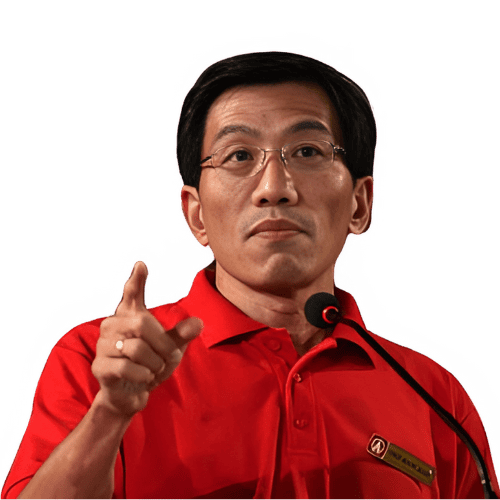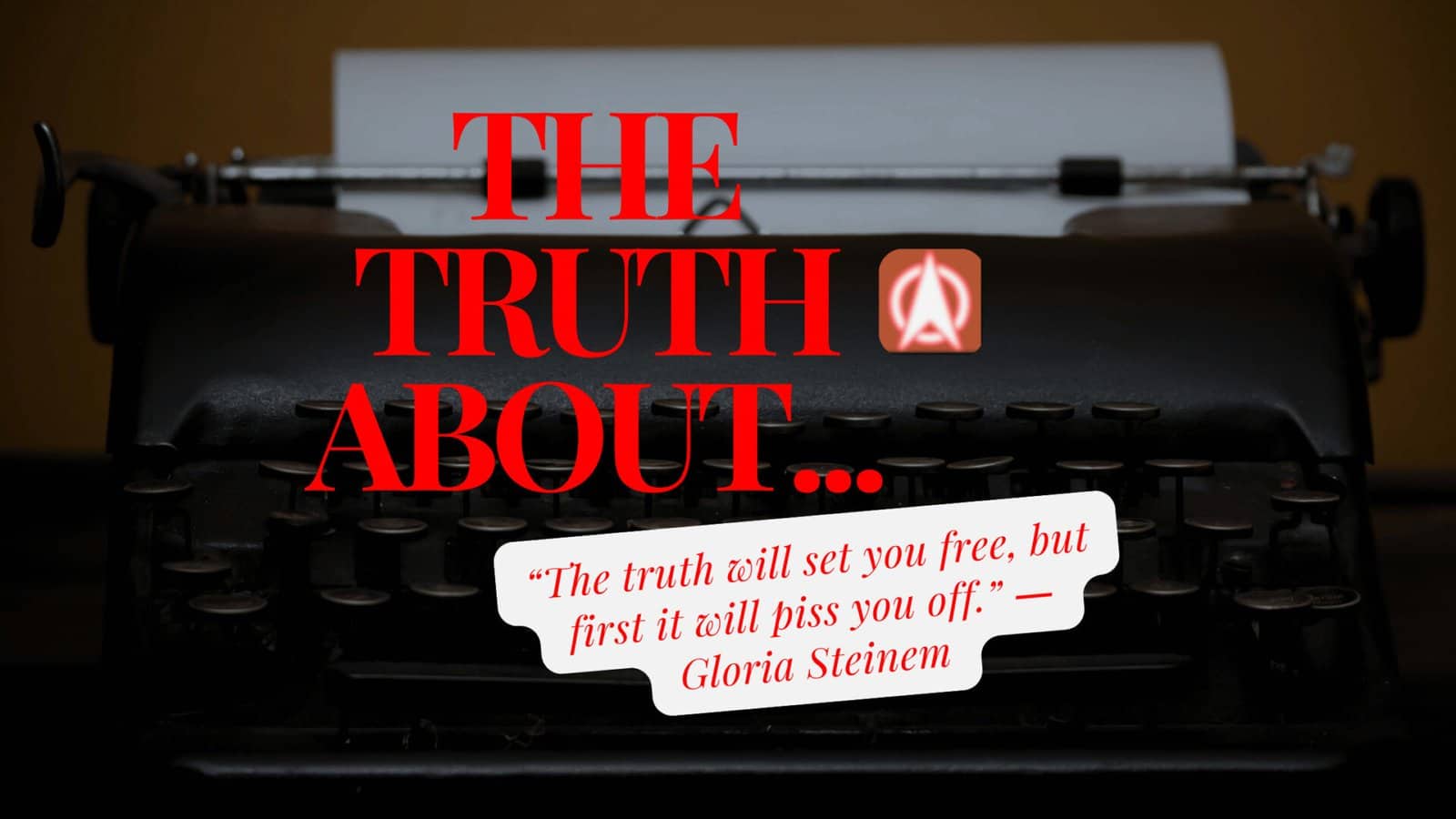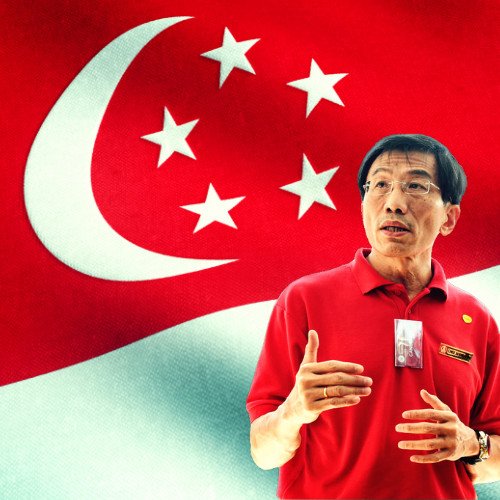
Part III: The end of Lim Chin Siong
In February 1963 the ISC, under the direction of Lee, ordered Operation Coldstore where 113 opposition leaders, trade unionists, journalists, and student leaders who supported the left were arrested. Top of the list was, of course, Lim Chin Siong.
Historian Matthew Jones recorded that the arrests “primarily reflected the imperative felt by the decision-makers in London to respond to the needs and demands of the nationalist elites.”
Not for the first time, the British had come to the rescue of Lee Kuan Yew.
Behind bars, torture and psychological abuse were meted out in liberal doses. Amnesty International documented much of this in a report in 1981.
The state of Lim Chin Siong under detention makes for sordid reading. According to (the late) Dennis Bloodworth, Lim came close to taking his own life while in detention. He had gone into depression. In 1965, when he was at the Singapore General Hospital Lim tried to hang himself from a pipe in the toilet. He was rescued just in time. After he recovered he was sent back to prison.
Four years later, he penned a letter to his former comrade-turned-arch-enemy and capitulated, saying that he had “finally come to the conclusion to give up politics for good” and repudiated the “international communist movement.”
Even then, Lee banished Lim to London in 1969 and allowed him to return to Singapore only ten years later.
What kind of treatment Lim received at the hands of his foes that turned him from a spirited and charismatic national leader who walked tall among his people into a forlorn political non-entity, Singaporeans can only imagine.
For Lim is not talking, he passed away in February 1996, forever carrying his secrets with him to his grave.
It was not Britain’s finest hour. Far from the honest-broker that everyone had expected Britain to be, the UK Government had actively engineered Lim’s downfall and Lee Kuan Yew’s capture of the prime ministership.
As it is, the historic account is hardly a heroic tale of the PAP’s courageous triumph over the Barisan, as official accounts would have us believe.
Instead, declassified documents now show that it was a sad tale of private dealings and cowardly machinations for the attainment of power.
At his funeral which overflowed with his former Barisan comrades and supporters, eulogies recounting Lim’s selfless dedication to a free and democratic Singapore were read. As his casket was pushed into the furnace, a thunderous and defiant applause resounded.
Referendum: To merger or to merge?
After having fulfilled his promise to Tunku Abdul Rahman to arrest Lim Chin Siong before merger, Lee set his sights on taking Singapore into Malaysia. He called for a referendum to obtain the people’s mandate for the move, a decision that Britain and the Tunku objected to.
A referendum was hardly necessary as Lim and other Barisan leaders were behind bars. One suspects that a vote was needed to give the PAP the mandate to move in this direction.
Indeed Lee, with not little false bravado, wrote in his memoirs: “I remained determined that there should be referendum.”
Democratic? Hardly. Instead of asking Singaporeans to vote for ‘yes’ or ‘no’ to merger, Lee proposed a ballot that allowed the people to vote only for merger under three options:
Do you want merger?
A. in accordance with the white paper, or
B. on the basis of Singapore as a constituent state of the Federation of Malaya, or
C. on terms no less favourable than those given to the three Borneo territories?
And so after the referendum in September 1962, Singapore moved one step closer to becoming a part of an independent Malaysia.
Regrettable but necessary?
Lee Kuan Yew, would have us believe as he wrote in his memoirs, that the use of detention without trial was “most regrettable but, from my personal knowledge of the communists, absolutely necessary.”
Harper dismisses this argument: “It was…inadmissible to argue, as Lee Kuan Yew did, that the exercise of these powers was ‘regrettable’, but dictated by historical necessity.”
The truth is that “through this adversity…the Barisan Sosialis still adhered to constitutional tactics.”
Indeed, in the entire campaign to cripple the opposition, Lee Kuan Yew and his rightwing PAP faction has repeatedly resorted to using desperate measures of detention without trial, brazenly accusing his opponents of being a front for the communists.
Harper makes it even more explicit:
“After 1959, Lee Kuan Yew had urged the necessity of defeating the radical left through open democratic argument, whilst trying to provoke them into extra-legal action. The left, however, had not been deflected from constitutional struggle. Therefore, from mid-1962 at least, Lee concluded that this confrontation could only be resolved by resort to special powers that lay beyond the democratic process. This merely exposed the extent to which the crisis, as the British argued, a political one, and not a security one.”
The last chapter
Lim Chin Siong’s fight for Singapore may have come to a close, but another one is just beginning – the fight for history to be written the way it should be.
Declassified secret papers are beginning to provide a glimpse into what really took place during the 1950s and 60s, especially in the behind-the-scenes dealings.
Beginning with Comet In Our Sky more will be revealed. But as Harper tells us “many files remain closed and many files that have been released have had key documents ‘retained’ by the original government department.” These include key documents on Lim Chin Siong’s detention in Operation Coldstore in 1963.
As the real story emerges, the Singapore Democrats will play our part to urge this process along – in cyberspace – thus ensuring that the memory of Lim Chin Siong and what he and his Barisan colleagues did for Singapore will forever remain with us.
This is crucial as our past is still our present. Lim had argued that arbitrary powers of detention without trial, in whoever’s hands be they white or yellow, will continue to make Singapore unfree and our struggle for independence elusive.
“The people ask for fundamental democratic rights,” he argued, “but what have they got? They have only got freedom of firecrackers after seven o’clock in the evening. The people ask for bread and they have been given stones instead.”
More than half a century later, can any Singaporeans say with hand on heart that Lim Chin Siong was not right?
What is The Truth About...?
In the spirit of remembrance and reflection, I am re-publishing a series of essays titled “The Truth About…,” delving into pivotal moments in the democracy movement over the past 15 to 20 years. These posts serve as a testament to the enduring struggle for democratic ideals and the pursuit of truth in Singapore.

The Singapore Democratic Party's Journey Through Time
Delve into the rich history of the Singapore Democratic Party (SDP), a key advocate for democracy and human rights in Singapore since its founding in 1980 by Chiam See Tong. This timeline highlights significant milestones, from early electoral successes and leadership transitions to ongoing advocacy under Chee Soon Juan.
Championing Democracy: In-Depth Analyses
Explore political articles offering in-depth analysis and critical perspectives on the current government of Singapore. These commentaries, penned by Dr. Chee Soon Juan, provide a thought-provoking examination of national policies, governance, and the implications for our society. Dive into these pieces to gain a deeper understanding of the challenges and opportunities facing Singapore today.


SDP announces its 2024-2026 Central Executive Committee line-up
Read more
Boots on the Ground! – SDP National Day Walkabout
Read moreTake the Democratic Challenge Quizzes Now!
Embark on an enlightening journey through Singapore’s political history and democratic evolution. Engage with our curated quizzes that delve into key issues, the influential Singapore Democratic Party, and the inspiring story of Dr. Chee Soon Juan. Each quiz offers a unique opportunity to learn and reflect on the dynamic forces shaping Singapore’s democracy. Click the below and start exploring today!






